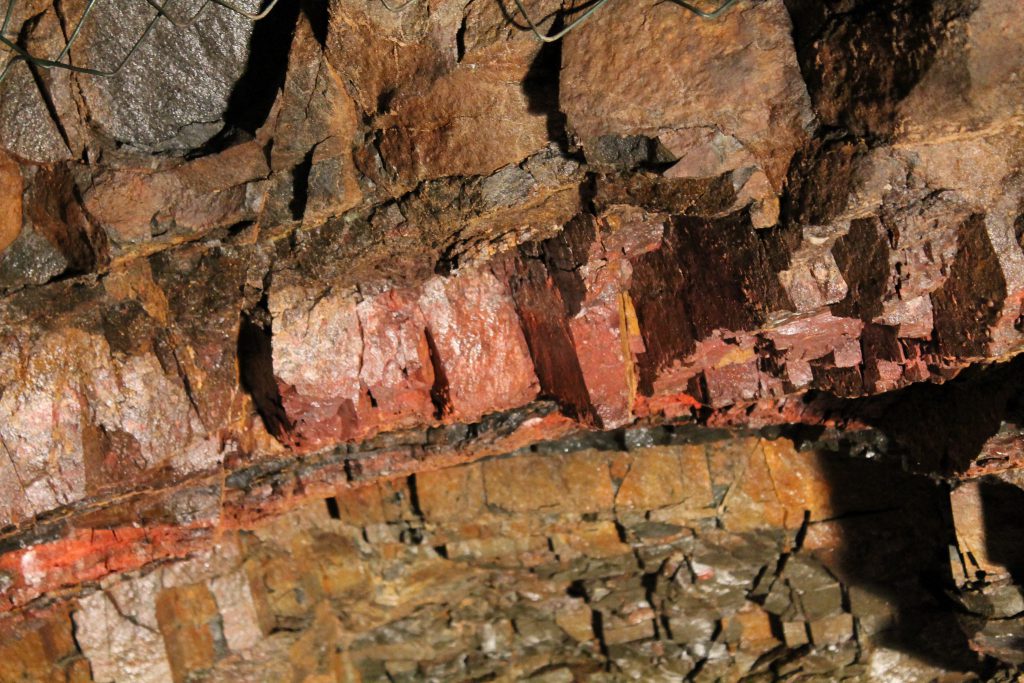Energy trader Mercuria to grow iron ore business with US mine stake

Global commodities trader Mercuria Energy Group is expanding its iron ore business with a majority stake in US Mesabi Metallics Co, it said on Wednesday, deepening its investment in the United States at a time of a resurgent steel industry.
The Geneva-based firm will spearhead a $650 million investment package in the miner in exchange for the stake under a memorandum of understanding signed with Chippewa Capital Partners that currently owns 100 percent of Mesabi.
It declined to specify how much of the investment it would make itself.
Mesabi has a 7 million tonne per year mine-to-plant pellet-making project in Minnesota, United States. The miner emerged out of Essar Steel Minnesota, part of Indian conglomerate Essar Global Group. Essar Steel filed for bankruptcy in 2016.
“Today’s announcement is part of Mercuria’s ambition to further expand and invest in the United States, playing a greater role in increasing American production capacity, and indirectly supporting the strategic steel sector, which is resurging as the US economy is showing even more robust growth,” Mercuria Chief Executive Marco Dunand said.
Mercuria’s ambition to further expand and invest in the United States.
Mercuria expects to complete the investment in the fourth quarter of this year. The stake size would be over 50 percent.
Mercuria already has several offices in the United States trading a wide range of commodities, including iron ore, but it does not have a major mining presence apart from two coal mines in Indonesia and South Africa.
The firm set up a structured trade finance division two years ago that has become one of the main pillars for the company’s growth and gives it exposure to a range of physical infrastructure.
It has financed North Sea producers Enquest and Tailwind Energy, as well as struggling Noble Group in its Asian hard commodities division.
In August, it closed a $1 billion finance deal with New York-listed Aegean Marine Petroleum Network, in which it also gained a stake.
Last year, Mercuria traded 33 million tonnes of metals and carbon, including coal.
The company remains one of the world’s biggest oil traders but since 2014, gas, power and emissions have overtaken crude and refined products to account for the majority of the company’s traded volumes.
(By Julia Payne; Editing by Emelia Sithole-Matarise and Jan Harvey)
{{ commodity.name }}
{{ post.title }}
{{ post.date }}




Comments